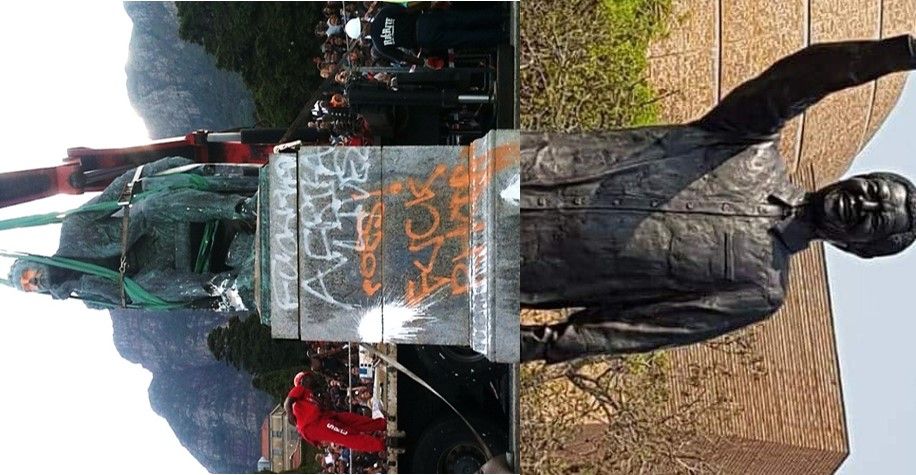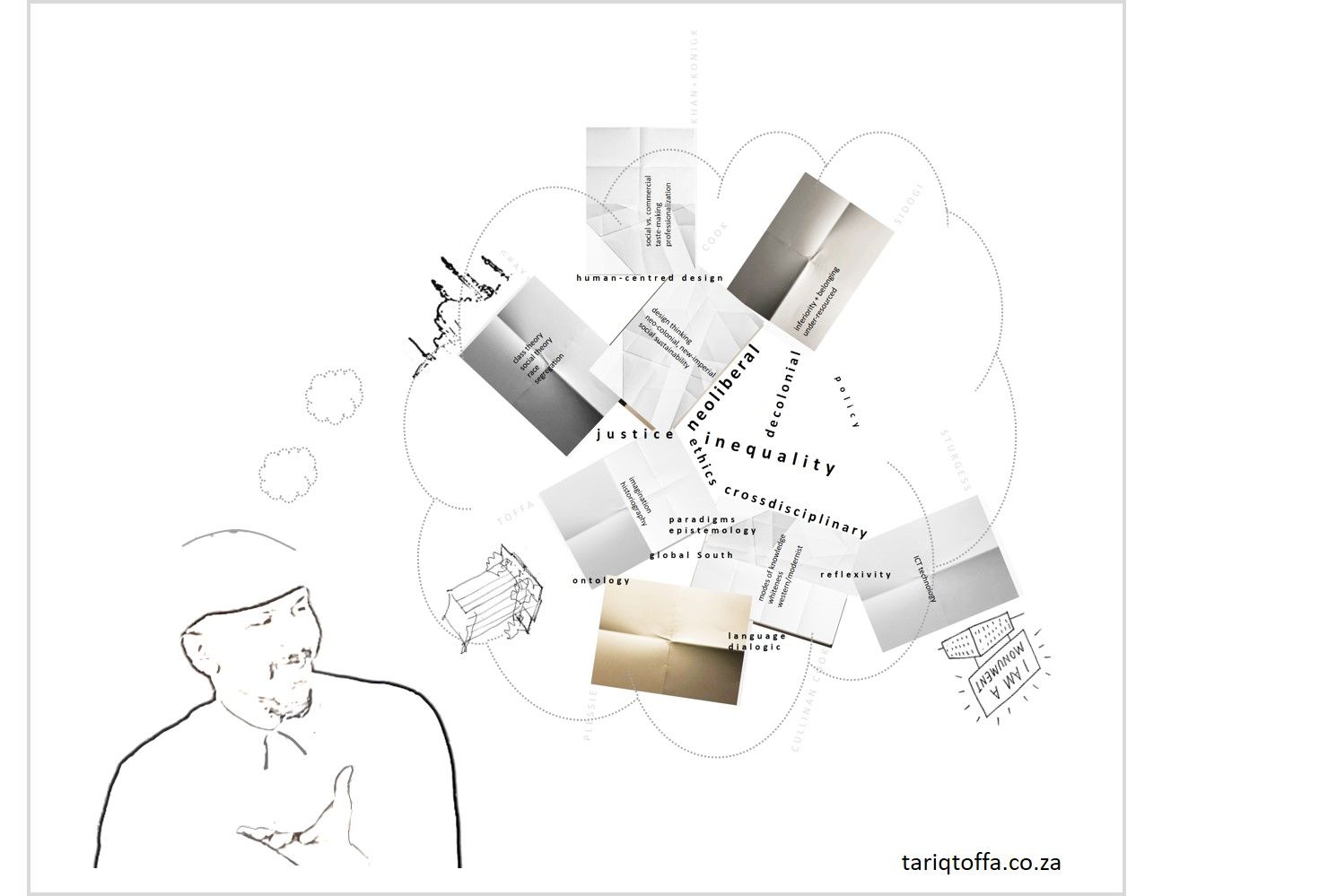
Critical Tools (part 2): Contemporary architecture's (post)colonial politics
This is the second in a series on ‘critical tools’, that helps to enable critical readings of contemporary architecture in South Africa.
In this lecture I discuss the unnamed yet pervasive politics that underlies much of architectural discourse:
“While fully embracing topics such as multiculturalism, health or the environment on the one hand, architecture’s Janus-faced politics on the other hand also simultaneously appears to embody and beget an acute reluctance to engage with questions of race, racialized experience, and virtually all topics and events which recall, implicate and locate colonialism and apartheid in present disciplinary and professional structures rather than in ‘the past’ – a notion upon which virtually all (post)colonial disciplinary discourse and structures are premised. This unnamed but nonetheless very deliberate politics is inflected in virtually all discourses and debates.” (Toffa 2020:34)
The lecture was presented for Architectural History & Theory at the GSA, University of Johannesburg.
Sources:
Joubert, O. (ed.), 2009, 10+ years 100+ buildings – Architecture in a democratic South Africa, Bell-Roberts Publishing, Cape Town.
Toffa, T., 2020, ‘Learning to speak? Of transformation, race and the colonialities of architecture’, in A.O.S. Osman (ed.), Cities, space and power, The Built Environment in Emerging Economies (BEinEE): Cities, Space and Transformation Book series Volume 1, pp. 29–76, AOSIS, Cape Town.
